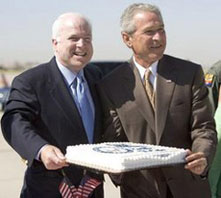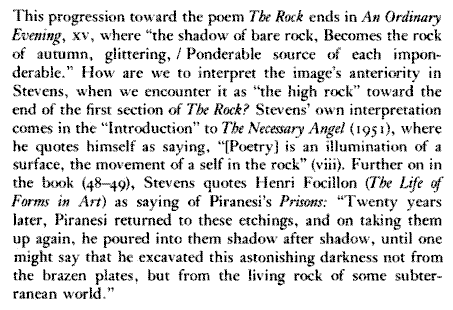(continued from 2001)
Glenn Ford in
"The 4 Horsemen
of the Apocalypse":

A sneering review from TIME Magazine, March 23, 1962:
"Hero Ford, a playboy from Argentina, falls pampassionately in love with Heroine Thulin, a Parisienne married to a patriotic editor. When the editor joins the Resistance, the hero realizes his duty and secretly does the same. Unaware of his decision, the heroine decides that he is merely a lightweight, and goes back to her husband. At the fade, while the violins soar among the bomb bursts, the poor misunderstood playboy dies heroically in an attempt to weaken the Wehrmacht's defenses in Normandy.
The tale is trite, the script clumsy, and the camera work grossly faked. Though the lovers wander all over Paris, the Cathedral of Notre Dame turns up in the background practically everywhere they go, almost as if it were following them around like a little dog."
TIME Magazine is still wearing the Ivy League sneer it displayed so impressively in 1962.
A less dismissive summary from Answers.com:
"The World War I setting of the original Blasco-Ibanez novel has been updated to World War II, but the basic plot remains the same. A well-to-do Argentinian family, rent asunder by the death of patriarch Lee J. Cobb, scatters to different European countries in the late 1930s. Before expiring, Cobb had warned his nephew Carl Boehm that the latter's allegiance to the Nazis would bring down the wrath of the titular Four Horsemen: War, Conquest, Famine and Death. Ford, Cobb's grandson, has promised to honor his grandfather's memory by thwarting the plans of Boehm. At the cost of his own life, Ford leads allied bombers to Boehm's Normandy headquarters."
In memory of Glenn Ford, a talented character actor who died at 90 yesterday, the opening paragraphs of an obituary in The Scotsman:

Screen icon Glenn Ford
dies at 90
RHIANNON EDWARD
GLENN Ford, one of the most enduring stars of the silver screen, has died at the age of 90.
Ford, who appeared in more than 200 films in a career spanning five decades, died at his home in Beverly Hills.
The actor's health had been in decline for a number of years after he suffered a series of strokes.
Although he never achieved the superstardom he craved, Ford was widely acclaimed as one of the best character actors in the business.
The business of narrative:
From a narrative suggested by the name of The Scotsman's reporter and related, if only by association with Normandy, to Ford's "Four Horsemen" film:
"The Vandaleurs are a family of Norman nobles with a heritable version of the mages' Gift. They have been using magic covertly for what appears to have been a very long time.... Another branch of the family is known to hold a fief in Normandy, but it is not yet known if they are covert magicians as well."
The Vandaleur narrative may be of interest to fans of The Da Vinci Code. (Ford is said to have been a Freemason, a charter member of Riviera Lodge No. 780, Pacific Palisades, California.)
For Catholics and others who prefer more traditional narratives:
Illuminated parchment,
1047 A.D.,
The Four Horsemen
of the Apocalypse
Related material:
Yesterday's entries, and
an entry from April 7. 2003,
that they link to:
















Recent Comments